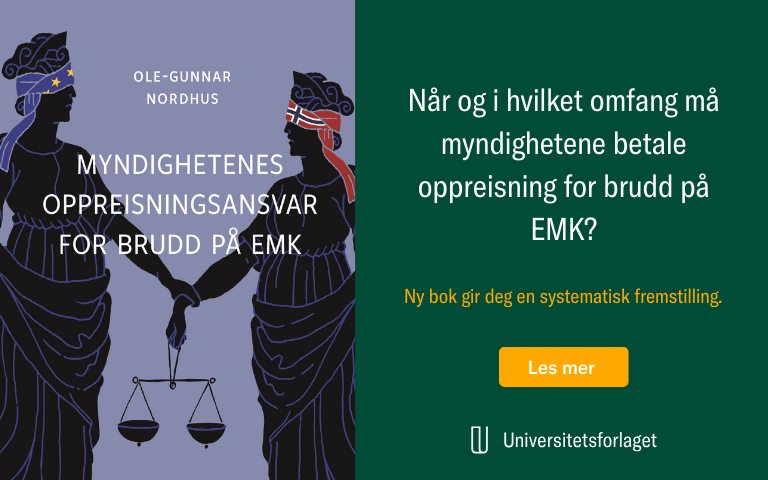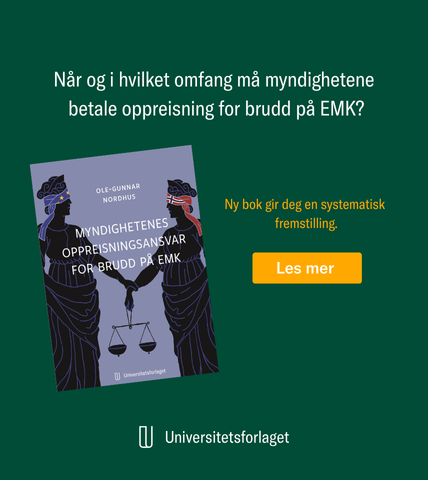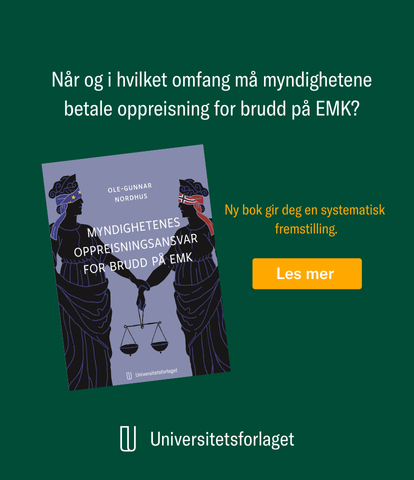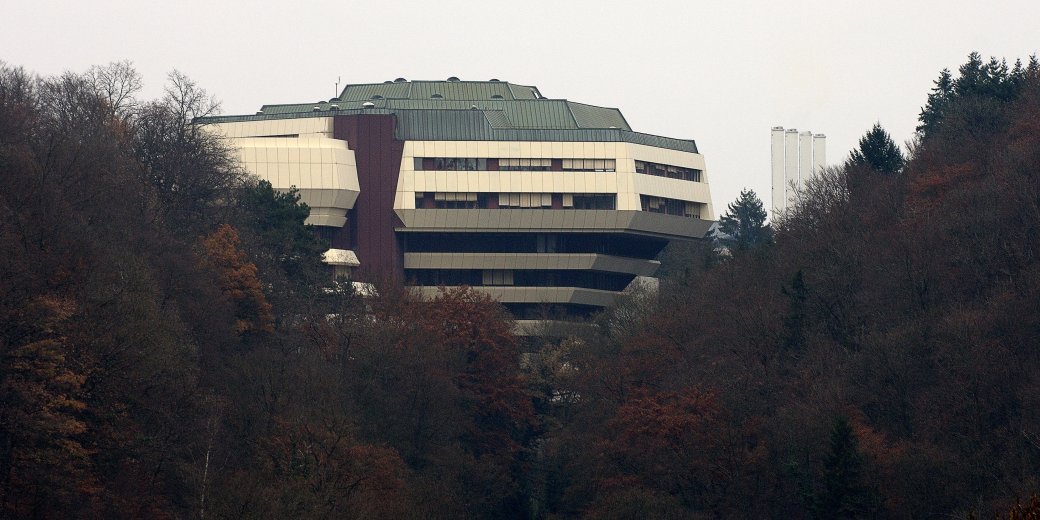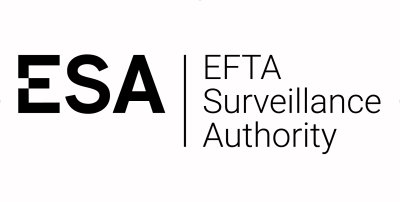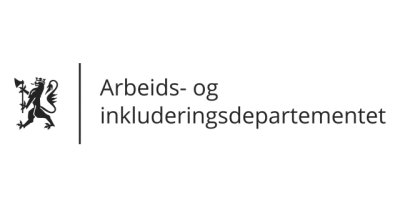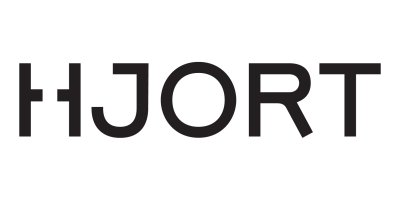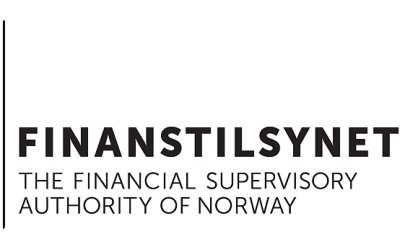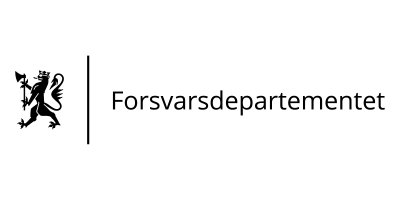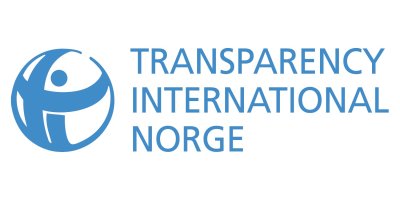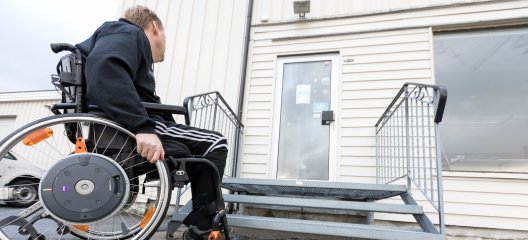Professor Hans Petter Graver proposes concrete measures to prevent a thing like the NAV social security scandal from repeating itself. He mentions, for example, regular EEA law update courses for judges, lawyers and the administration. Here, he writes, people can refresh the basic principles, and look at developments around these in the EU and EFTA bodies. Something must be done, Professor Graver concludes. That’s well meant. But actually, it’s not the problem.
The real issue is that the EEA Agreement and the two institutions of the EFTA pillar - ESA and the EFTA Court - have been downgraded practically from the start by chauvinist professors (not Professor Graver) and bureaucrats in this country, that the chapters on ESA and the EFTA Court in the Sejersted Report of 2012 are basically political pamphlets, that the EFTA Court has been constantly insulted as «more catholic than the Pope» in perfect distortion of the facts, that Norwegian courts and in particular the Supreme Court were systematically asked to refrain from referring cases to the EFTA Court, that Norwegian courts were inversely asked to refuse to follow the EFTA Court, that the Regjeringsadvokat, if an opinion of the EFTA Court did not suit him, participated in a parallel case before the ECJ and asked it to create a judicial conflict and so on.
The intellectual ground for NAV’s systematic breach of EEA law may have been prepared by today’s Regjeringsadvokat Fredrik Sejersted himself with his «theory» that the Norwegian government and administration must use the «room for manoeuvre» allegedly opened by the EEA Agreement. This called for policies that at least accepted (and perhaps encouraged) violations of EEA law. In the 2012 EEA Report, the notion of «room for manoeuvre» was referred to around 100 times. This is not compatible with good faith (details on all this in Carl Baudenbacher, Judicial Independence. Memoirs of a European Judge, Springer 2019).
For years, the Norwegian government has refused to approve the creation of a supranational panel to examine the suitability and independence of the candidates nominated by the individual EEA/EFTA states, obviously because they want to retain the freedom to send «patriotic» judges to Luxembourg, judges who would hopefully act as the prolonged arm of the Government in sensitive cases. This is not what judicial independence and impartiality are about. The list could be extended. It cannot be seriously denied that this disdain for the EEA and the EFTA pillar institutions in large parts of the Norwegian EEA community has made a significant contribution to the creation of a climate which has made the NVA’s wrongdoings possible.
I will confine myself to the final observation that, with the exception of Prof. Dr. Dr. Mads Andenaes, a fearless citizen of the world, no one from the Oslo EEA establishment has been upset that the Fosen II case amounts to a fixed trial in which fundamental procedural rules and even fundamental rights have been violated. Obviously the view prevails that the end justifies the means. Apart from the numerous violations of the law, the fact that the Supreme Court’s ruling has led to blatant legal uncertainty is apparently a matter of concern to only a few.
These are the things that must primarily be addressed if scandals such as the one in question are to be avoided.


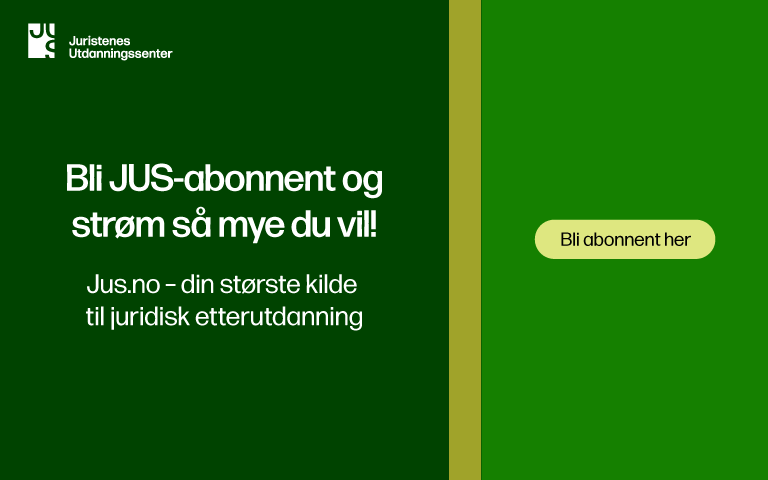



.png)

